Six years after fleeing Iraq and eighteen months since leaving Syria, more than half a decade of waiting has left Bissam in Turkey.
Unable to work and restricted in his movement, he has passed those long months waiting for news from the UNHCR on the progress of his resettlement case.
Bissam is one of Iraq’s unwanted, hunted and targeted by those he says, “want to appear as the protectors of society.”
Bissam is a homosexual. A charismatic 43-year-old actor, he appeared in many of Iraq’s leading TV series and was well known in the Baghdad theatre scene. Now he lives a very different life in a small provincial city in northern Anatolia.
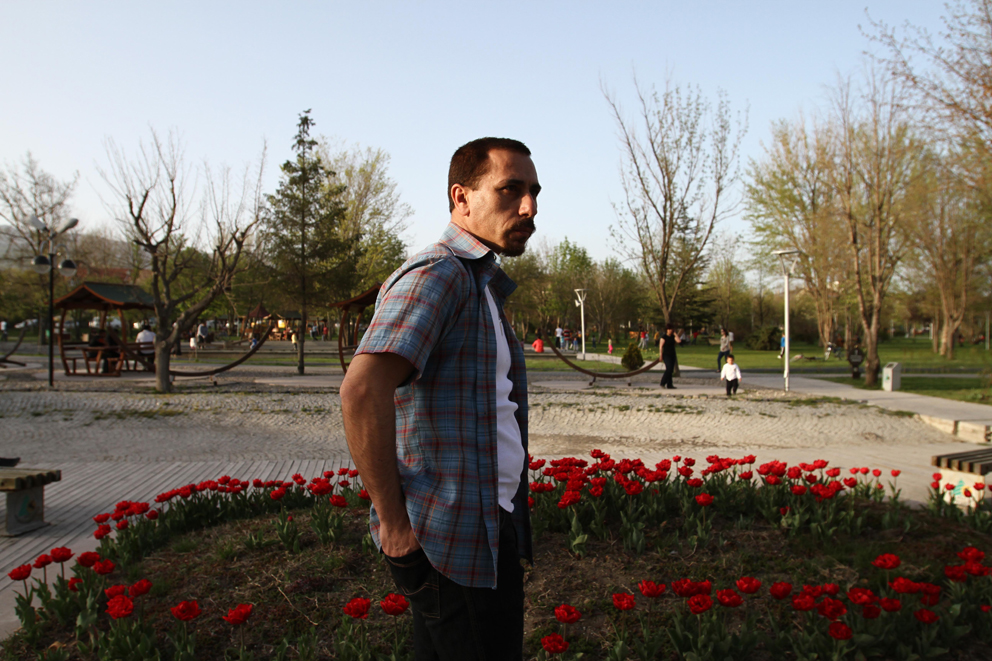
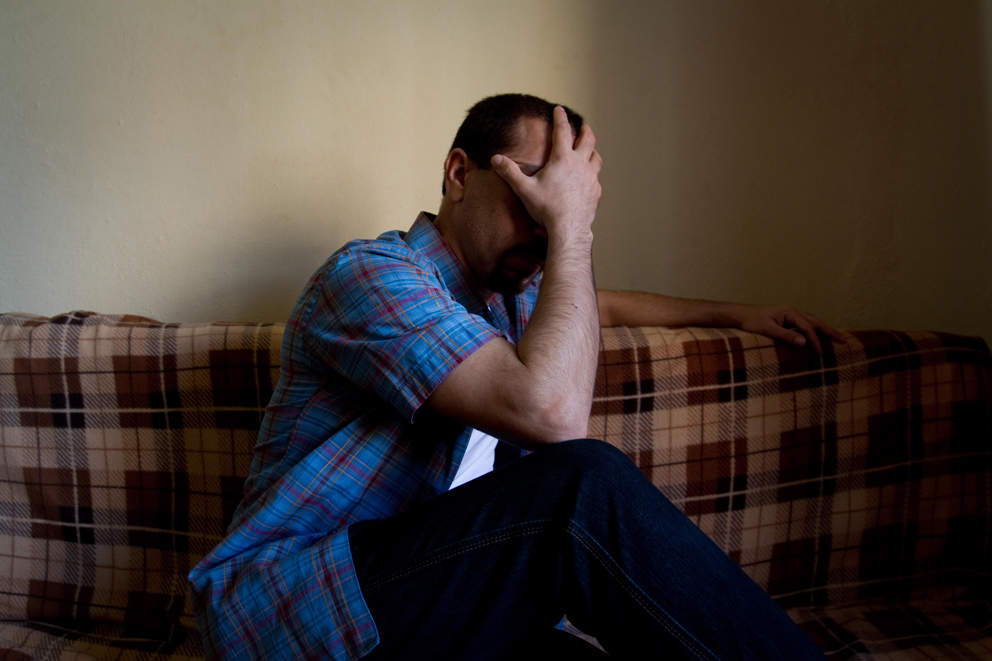
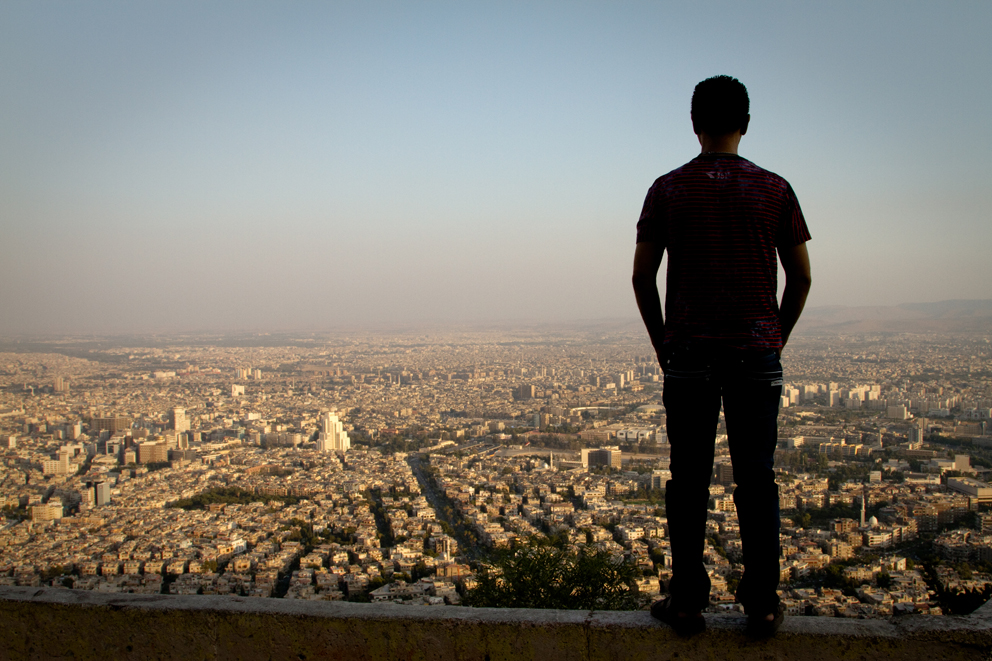
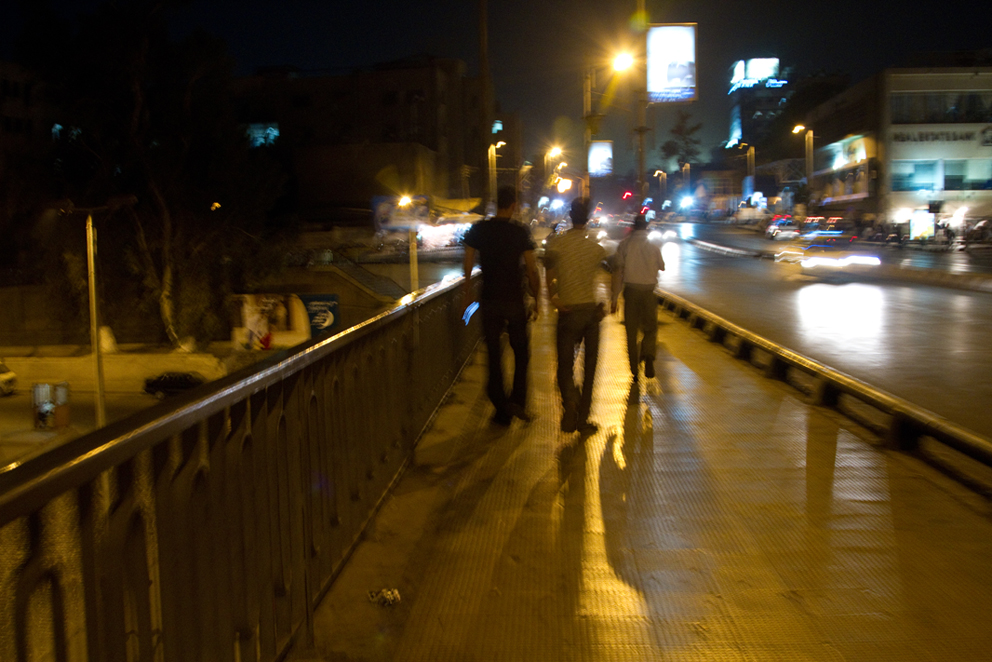
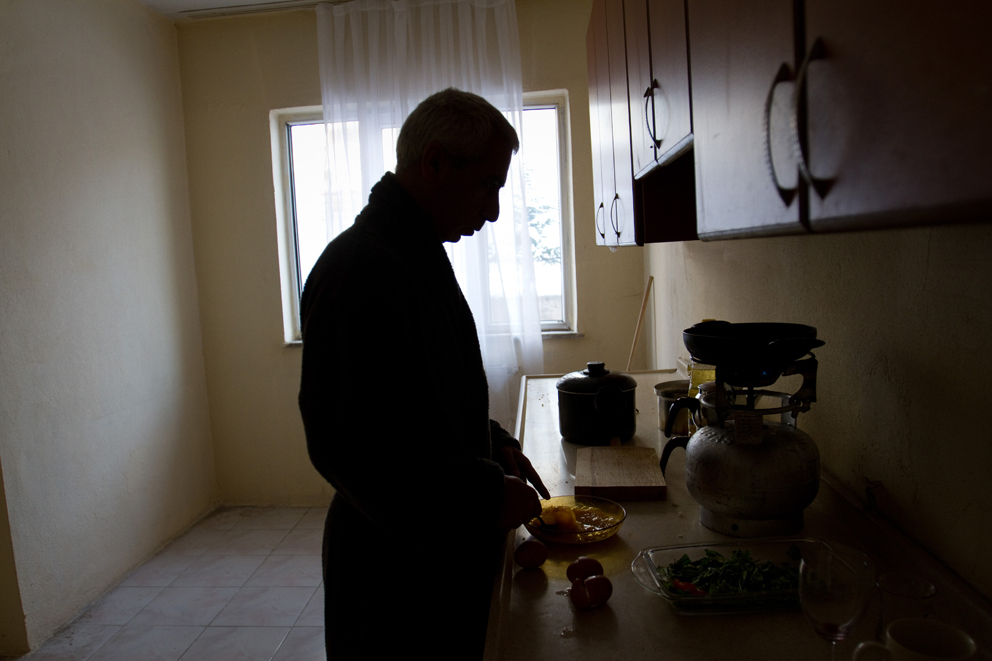
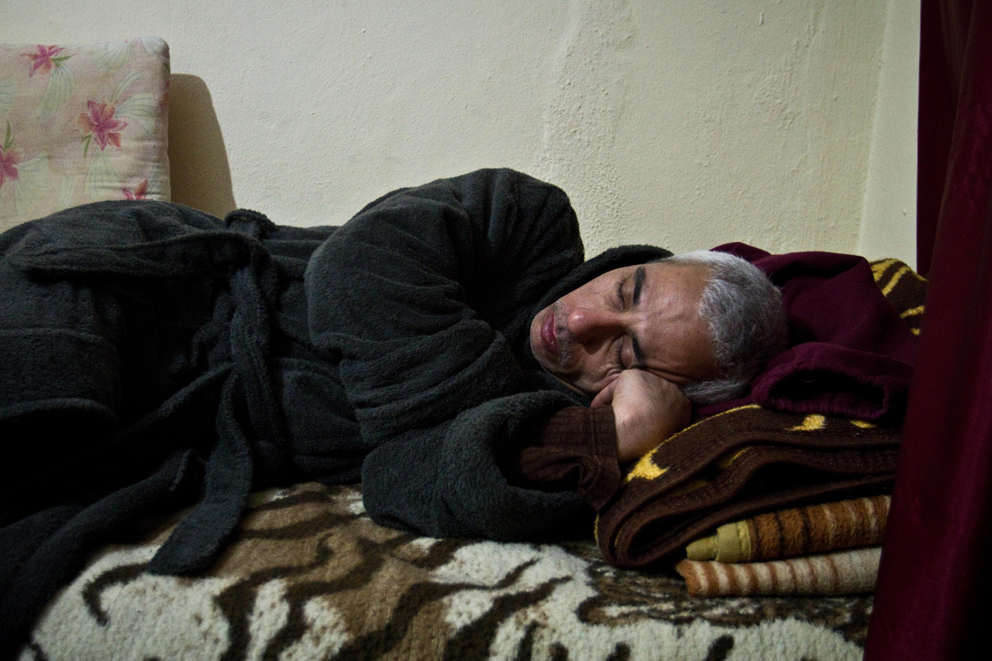
Photos: Bradley Secker
Although Bissam jokes about his situation, under the surface he’s gloomy. “I had to start a new file with the UNHCR and go through the whole process again,” referring to when he arrived in Turkey from Syria, unable to transfer his case from Damascus to Ankara.
Meanwhile he shares an apartment with two other Iraqis who don’t know about his sexuality.
Bissam describes the status quo in Iraq as bad for LGBT (Lesbian Gay Bisexual Transgender) people. “Both the old and new governments killed our great thinkers, writers, poets, and artists,” he comments.
While homosexuality was decriminalized in Iraq in 2003, Baghdad is a potentially deadly place for sexual minorities. Since the civil war gained momentum in 2006, armed militia groups with distorted religious agendas began a systematic sexual cleansing of the capital, unhindered by some and supported by others.
As Iraq fades from Bissam’s memory, he found Damascus to be liberating and refreshing. But from the onset of anti-government demonstrations in March 2011 and the violent state crackdown, Syrian society changed for everyone, especially Iraqis. The community has become caught up in a conflict that is increasingly dividing along sectarian lines.
For many in the LGBT community, the fear is that they are and will be used as a scapegoat for many of the country’s problems, as happened in Iraq. Homosexuality remains illegal in Syria, and both opposition and government forces have been known to use the homosexual community as an excuse for a range of societal problems.
Bissam is comforted that in Turkey, where homosexuality has been legal since 1858, “Laws protect us,” he says.
Asylum seekers are subject to the country’s dispersal program, meaning that they usually spend upwards of two years in mostly conservative towns and cities in Anatolia, rather than in cosmopolitan hubs, such as Istanbul.
Discrimination based on sexual orientation has reportedly not only been from local Turks but also from the large Iraqi diaspora community. And while Bissam’s case has been selected by the US embassy and the resettlement process begun, there are no guarantees, and plenty of waiting is yet to come.
Some may find it hard to believe, but simply identifying as a homosexual can lead to so much displacement, waiting and uncertainty, but this is the reality for many. Through no choice of their own, they are made to wait.
Bissam says, “I am trying to enjoy things. I don’t know what will happen, but I don’t think it will be like it was in Syria where I was jumping from the pan to the fire.”
– Bradley Secker, photojournalist
“I am trying to enjoy things. I don’t know what will happen, but I don’t think it will be like it was in Syria where I was jumping from the pan to the fire.”
